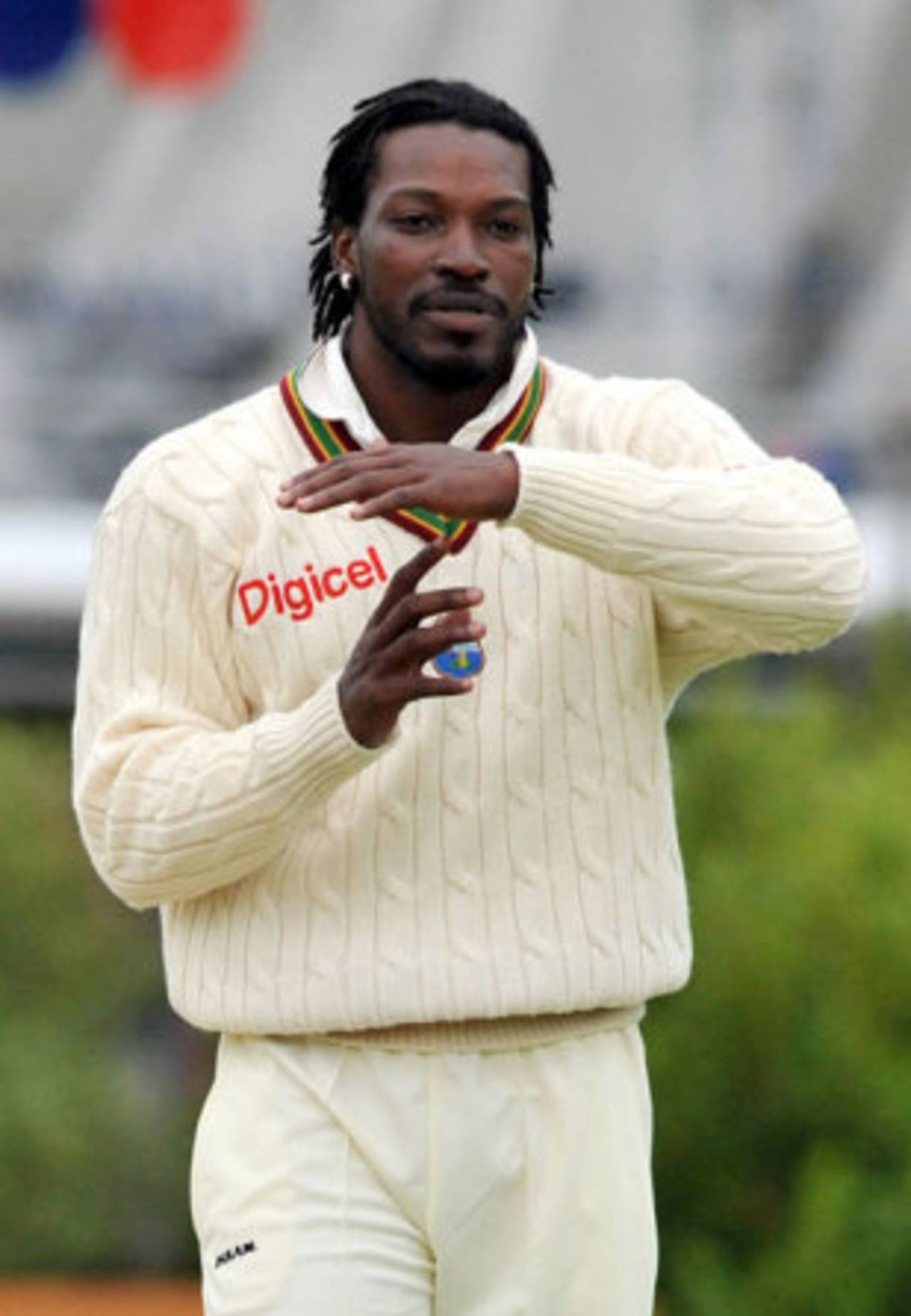The controversial Umpire Decision Review System has come under serious threat, with broadcasters and national boards baulking at the implementation costs. The UDRS will be scrapped for the forthcoming India-Sri Lanka and South Africa-England Test series, and might not be used in Australia.
Following a series of trials at domestic and international level, the ICC announced in June the referral system would be rolled out from October. Cricket's governing body is understood to have communicated that it would not be responsible for the cost burden of the system, leaving boards and/or broadcasters to foot the bill.
That decision has prompted consternation among the latter parties, who believe the ICC should carry the cost for a system it is pushing to implement. "If the ICC wants it, they will have to pay for it," Gerald Majola, chief executive of Cricket South Africa, told Cricinfo. "It will not be used (for the England Test series).
"This is between the broadcasters and the ICC. The broadcaster is not prepared to pay the additional costs required ... (and) we informed the ICC at the time that we would not be paying for it."
Ratnakar Shetty, the Indian board's chief administrative officer, said there was "nothing to explain" about the BCCI's decision to not use the system for the Test series against Sri Lanka. India originally supported the implementation of the UDRS, but have reportedly been dissuaded by players, who have reservations about the effectiveness of referrals.
The UDRS was designed to assist umpires in the decision making process. Teams were to be allowed two "challenges" per innings - down from the original three - in a system similar to that used in American football and tennis. "I'm excited that the committee concluded that the Umpire Decision Review System had a positive effect on the game," Haroon Lorgat, the ICC chief executive, said in June. "It reduced the number of incorrect decisions and also cut down on the instances of player dissent."
But confusion over the cost of implementing the system could see it terminated before it begins. Hawk-Eye, ultra slow motion cameras and "Hot Spot" are among the technological devices used in trials, but all come at a sizeable cost. At least one additional Hawk-Eye technician would be required at each venue if it were to be used for the UDRS, rather than normal television coverage, while rental of other equipment would stretch the budgets of broadcasters.
"I don't know what will happen at this stage," said Paul Hawkins, inventor and managing director of Hawk-Eye. "It's all up in the air."
Reports in Australia state that the ICC will dispatch a senior official to hold discussions with Cricket Australia and host broadcaster, Channel Nine, in a bid to implement the UDRS for Test series against West Indies and Pakistan. But there are no guarantees.
"The ICC Board agreed to the implementation of the UDRS provided there was no cost implication to the member," an ICC spokesman said. "Perhaps there was an issue with the complexity of existing broadcast deals and how the system would be implemented."
Alex Brown is deputy editor of Cricinfo, Nagraj Gollapudi is an assistant editor at Cricinfo
